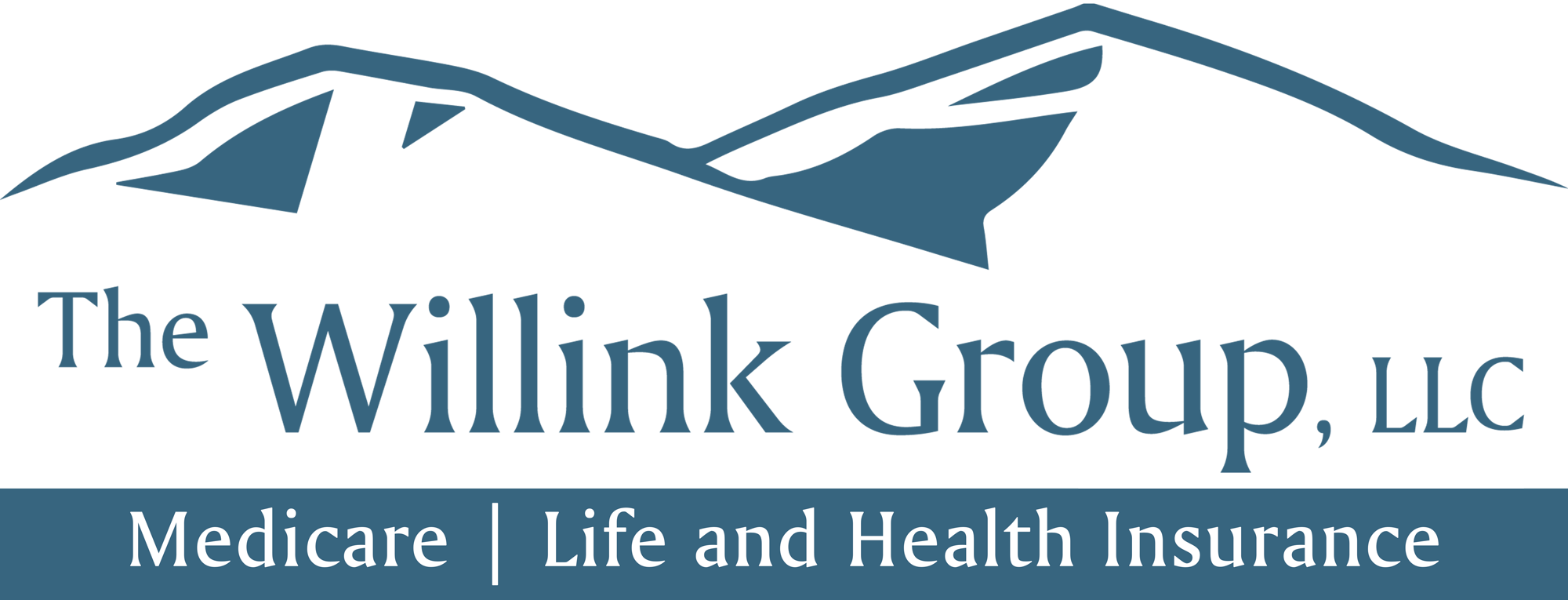Discover Health and Independence
Long-Term Care Insurance
Long-term care is a variety of services that help meet both the medical and non-medical needs of people with chronic illnesses or disabilities who cannot care for themselves for long periods.

Get Long-Term Care Insurance
Secure your peace of mind.
Because of old age, mental or physical illness, or injury, some people find themselves in need of help with eating, bathing, dressing, toileting or continence, and/or transferring (e.g., getting out of a chair or out of bed). These six actions are called Activities of Daily Living–sometimes referred to as ADLs. In general, if you can’t do two or more of these activities, or if you have a cognitive impairment, you are said to need “long-term care.” And, a national study done by Genworth shows that 70% of all people will need some type of long-term care in their lifetime. At an average annual cost of $80,300 for skilled nursing, this event could cause a serious financial burden on most people.
Long-term care isn’t a very helpful name for this type of situation because, for one thing, it might not last for a long time. Some people who need ADL services might need them only for a few months or less.
Many people think that long-term care is provided exclusively in a nursing home. It can be, but it can also be provided in an adult day care center, an assisted living facility, or at home.
Assistance with ADLs, called “custodial care,” may be provided in the same place as (and therefore is sometimes confused with) “skilled care.” Skilled care means medical, nursing, or rehabilitative services, including help taking medicine, undergoing testing (e.g. blood pressure), or other similar services. This distinction is important because generally Medicare and most private health insurance pays only for skilled care–not custodial care.
Long-term care isn’t a very helpful name for this type of situation because, for one thing, it might not last for a long time. Some people who need ADL services might need them only for a few months or less.
Many people think that long-term care is provided exclusively in a nursing home. It can be, but it can also be provided in an adult day care center, an assisted living facility, or at home.
Assistance with ADLs, called “custodial care,” may be provided in the same place as (and therefore is sometimes confused with) “skilled care.” Skilled care means medical, nursing, or rehabilitative services, including help taking medicine, undergoing testing (e.g. blood pressure), or other similar services. This distinction is important because generally Medicare and most private health insurance pays only for skilled care–not custodial care.
